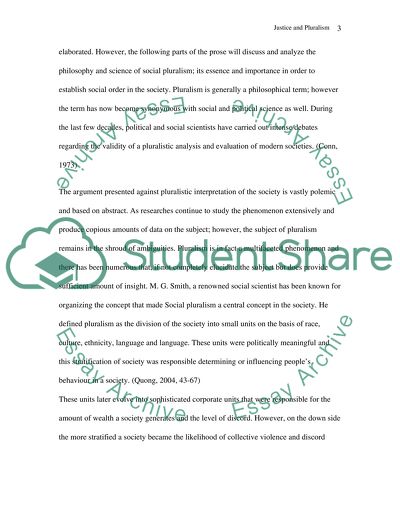Cite this document
(“Justice & Pluralism Essay Example | Topics and Well Written Essays - 3250 words”, n.d.)
Retrieved from https://studentshare.org/environmental-studies/1416742-justice-pluralism
Retrieved from https://studentshare.org/environmental-studies/1416742-justice-pluralism
(Justice & Pluralism Essay Example | Topics and Well Written Essays - 3250 Words)
https://studentshare.org/environmental-studies/1416742-justice-pluralism.
https://studentshare.org/environmental-studies/1416742-justice-pluralism.
“Justice & Pluralism Essay Example | Topics and Well Written Essays - 3250 Words”, n.d. https://studentshare.org/environmental-studies/1416742-justice-pluralism.


